Happiness and virtue react upon each other, the best are not only the happiest, but the happiest are usually the best
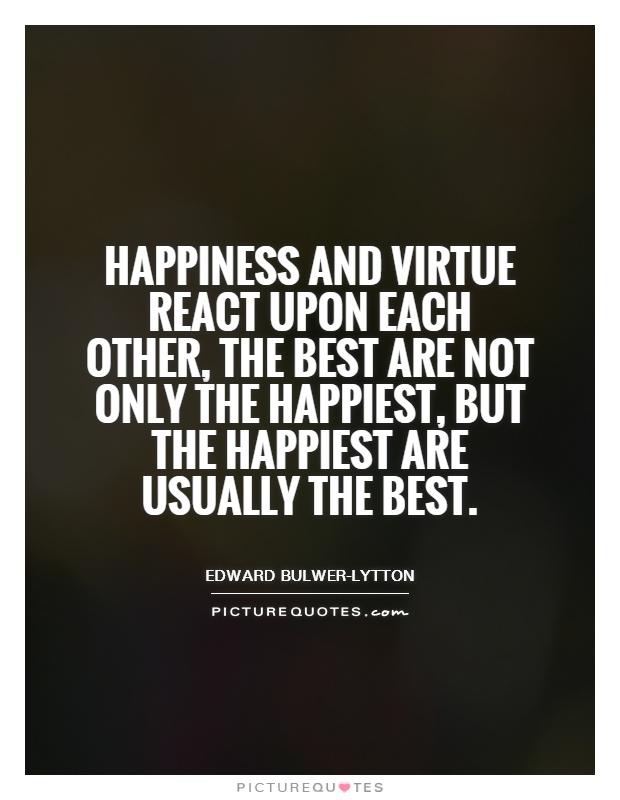
Happiness and virtue react upon each other, the best are not only the happiest, but the happiest are usually the best
Edward Bulwer-Lytton, a renowned English novelist and politician, once famously said, “Happiness and virtue react upon each other, the best are not only the happiest, but the happiest are usually the best.” This profound statement encapsulates the idea that there is a strong correlation between happiness and virtue, and that those who possess virtuous qualities are more likely to experience true happiness in their lives.In the context of Bulwer-Lytton’s quote, it is important to understand the concept of virtue. Virtue refers to moral excellence, righteousness, and goodness in one’s character and actions. It encompasses qualities such as honesty, integrity, compassion, and selflessness. Individuals who embody these virtues are often seen as role models and are admired by others for their noble qualities.
According to Bulwer-Lytton, happiness and virtue are interconnected and have a reciprocal relationship. This means that individuals who lead virtuous lives are more likely to experience genuine happiness and contentment. This is because living a virtuous life often leads to a sense of fulfillment, inner peace, and a deep sense of purpose. When one acts in accordance with their values and principles, they are more likely to experience a sense of satisfaction and well-being.
On the other hand, those who prioritize happiness over virtue may find themselves feeling empty, unfulfilled, and lacking a sense of purpose. Pursuing happiness through material possessions, external validation, or fleeting pleasures may provide temporary satisfaction, but it is unlikely to lead to long-lasting happiness. In contrast, individuals who prioritize virtue and strive to live a life of integrity and goodness are more likely to experience lasting happiness and fulfillment.


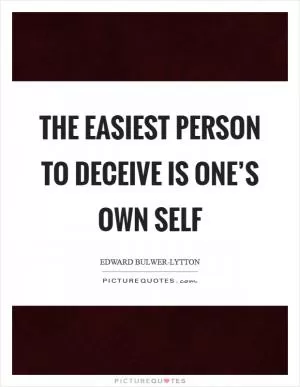



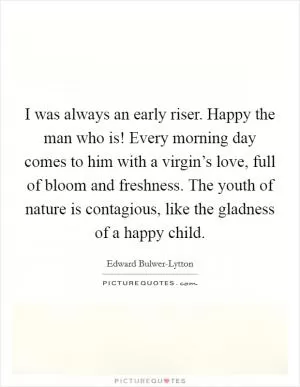

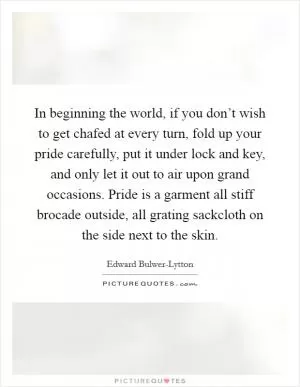

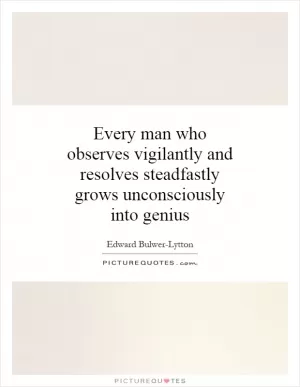
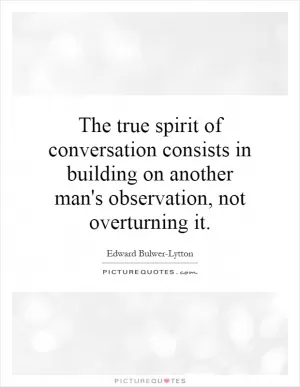
 Friendship Quotes
Friendship Quotes Love Quotes
Love Quotes Life Quotes
Life Quotes Funny Quotes
Funny Quotes Motivational Quotes
Motivational Quotes Inspirational Quotes
Inspirational Quotes